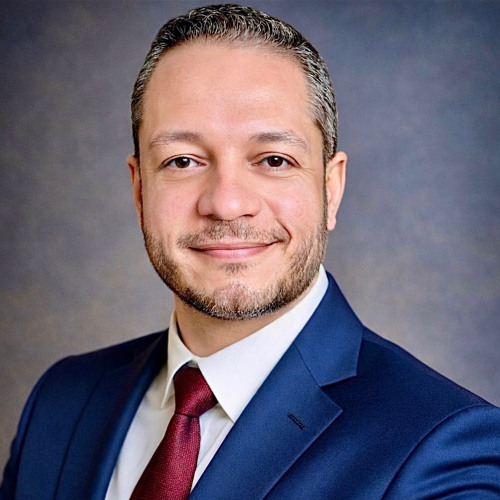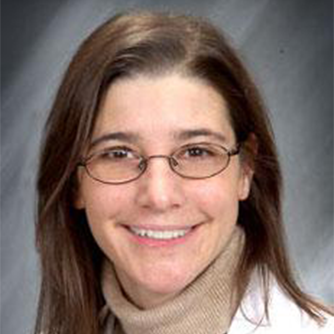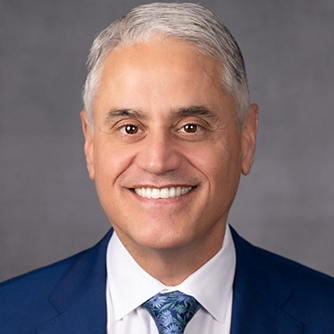Interventional Cardiology Fellowship
The goals of the program are for trainees to become competent in performing a variety of coronary artery interventional procedures including balloon angioplasty and stenting, atherectomy, intracoronary physiology and imaging, and mechanical circulatory support.
Interventional Cardiology Fellowship
The goals of the program are for trainees to become competent in performing a variety of coronary artery interventional procedures including balloon angioplasty and stenting, atherectomy, intracoronary physiology and imaging, and mechanical circulatory support.
Overview
This highly specialized one-year AGCME approved program provides state-of-the-art training in interventional cardiology. The goals of the program are for trainees to become competent in performing a variety of coronary artery interventional procedures including but not limited to balloon angioplasty and stenting, atherectomy, intracoronary physiology and imaging, and mechanical circulatory support. Trainees will also work towards obtaining competency in non-coronary cardiac and peripheral interventions. Heavy emphasis is placed on both pre- and post-operative evaluation and management. Engagement in scholarly activity is expected during the program and promoted though faculty mentorship. Graduates of our program are poised to successfully compete for advanced fellowships, and clinical and academic positions and have demonstrated a track record of success and leadership in the field.
Faculty
Fellowship Director
-

Marwan Saad, MD
Assistant Professor of Medicine; Program Director, Interventional Cardiology Fellowship; Director, Interventional Structural Heart Research, Brown University Health Cardiovascular Institute
Fellowship Faculty
-

J. Dawn Abbott, MD
Professor of Medicine; Director, Interventional Cardiology, Brown University Health; Director, Cardiac Catheterization Laboratories, Rhode Island and The Miriam Hospitals -

Douglas Burtt, MD
Clinical Associate Professor of Medicine; Medical Director Inpatient Services, Brown University Health Cardiovascular Institute -

Paul Gordon, MD
Professor of Medicine; Clinician Educator; Program Director, Structural Heart Disease Fellowship; Interventional Cardiologist, Brown University Health Cardiovascular Institute -

Shafiq Mamdani, MD
Clinical Associate Professor of Medicine; Interventional Cardiologist, Brown University Health Cardiovascular Institute -

Barry Sharaf, MD
Associate Professor of Medicine; Interventional Cardiologist, Brown University Health Cardiovascular Institute -

Mitchel Sklar, MD
Clinical Assistant Professor of Medicine; Interventional Cardiologist, Brown University Health Cardiovascular Institute -

Peter Soukas, MD
Associate Professor of Medicine; Clinician Educator; Director, Peripheral Vascular Interventional Laboratory, The Miriam Hospital -

Saraschandra Vallabhajosyula, MD
Assistant Professor of Medicine; Interventional Cardiologist, Brown University Health Cardiovascular Institute
Program Description
The Interventional Cardiology Fellowship Program at Brown is based at Rhode Island Hospital (RIH) and The Miriam Hospital (TMH). The program is one year in duration and trains four fellows annually. Fellows’ time is split evenly between RIH and TMH. The rotation schedule is designed to optimize integration among the fellows and faculty at the two sites. The rotations at each site will include experience performing interventions in the Catheterization Laboratory and a half-day weekly outpatient experience in the subspecialty clinics of interventional, structural and endovascular cardiology. One half-day weekly is also protected from clinical responsibility to pursue scholarly activity. Fellows take call from home on average every other night split between primary and secondary call covering the two institutions (RIH/TMH). Including the daytime schedule and call, fellows will work no more than 80 hours in a given week.
Curriculum
The curriculum spans several aspects of interventional cardiology from basic science to psychomotor skills of procedural practice. Specific areas of concentration include the following:
Research
Application Information
We participate in the ERAS application process. For information on application timeline, please visit the AAMC website.
Note: All Interventional Cardiology Fellows will start at the PGY7 level regardless of prior training.
If you have any questions please contact:
Jane Freer
Interventional Cardiology Program Coordinator
Rhode Island Hospital / Brown University
593 Eddy Street
Providence, RI 02903
Tel: 401-444-8689
Fax: 401-444-4652